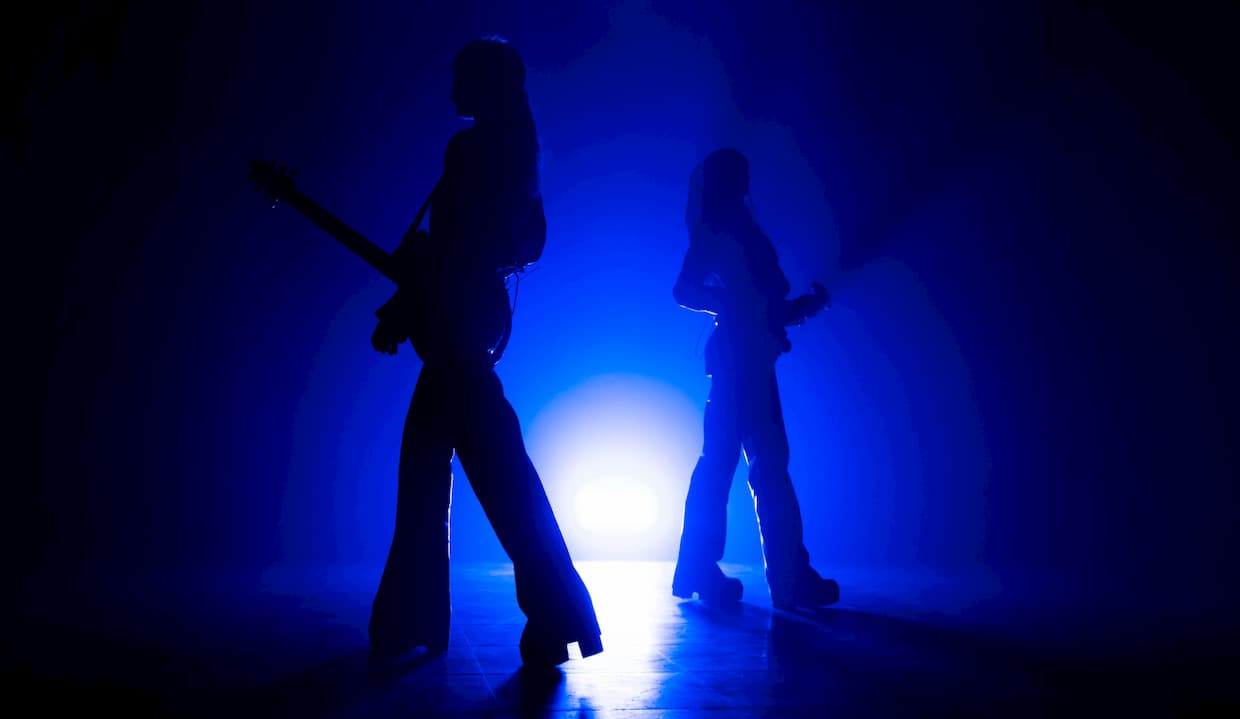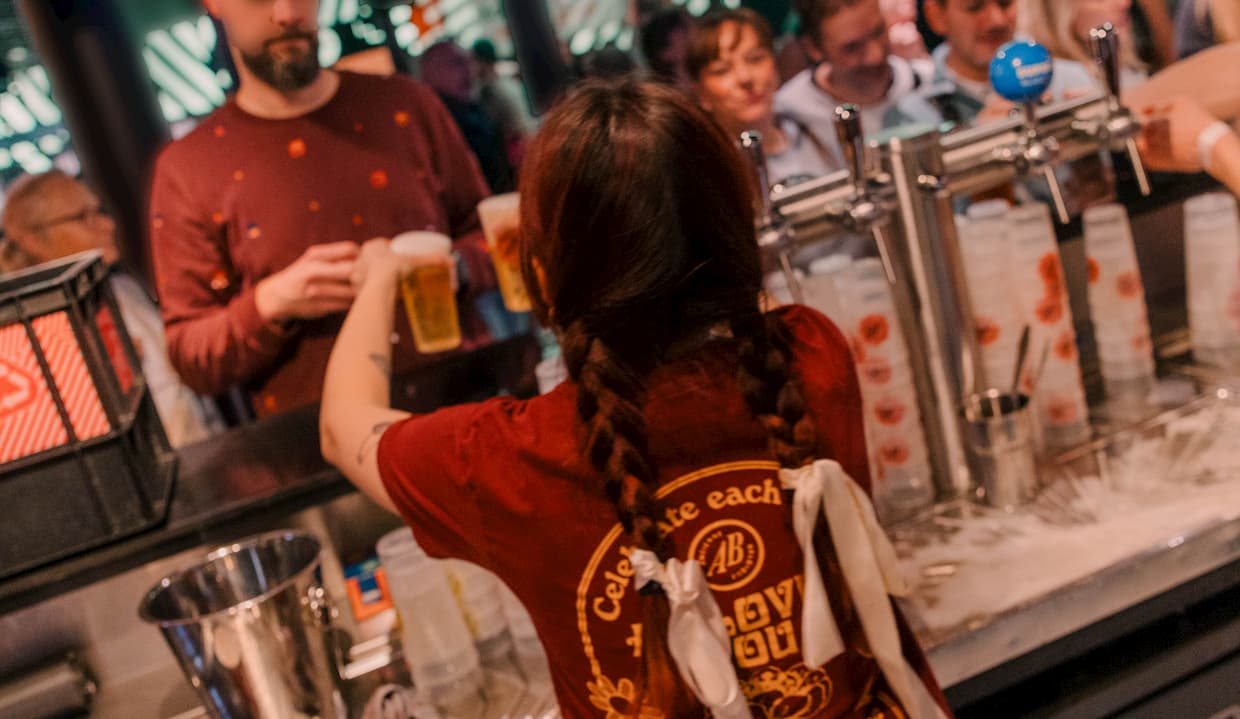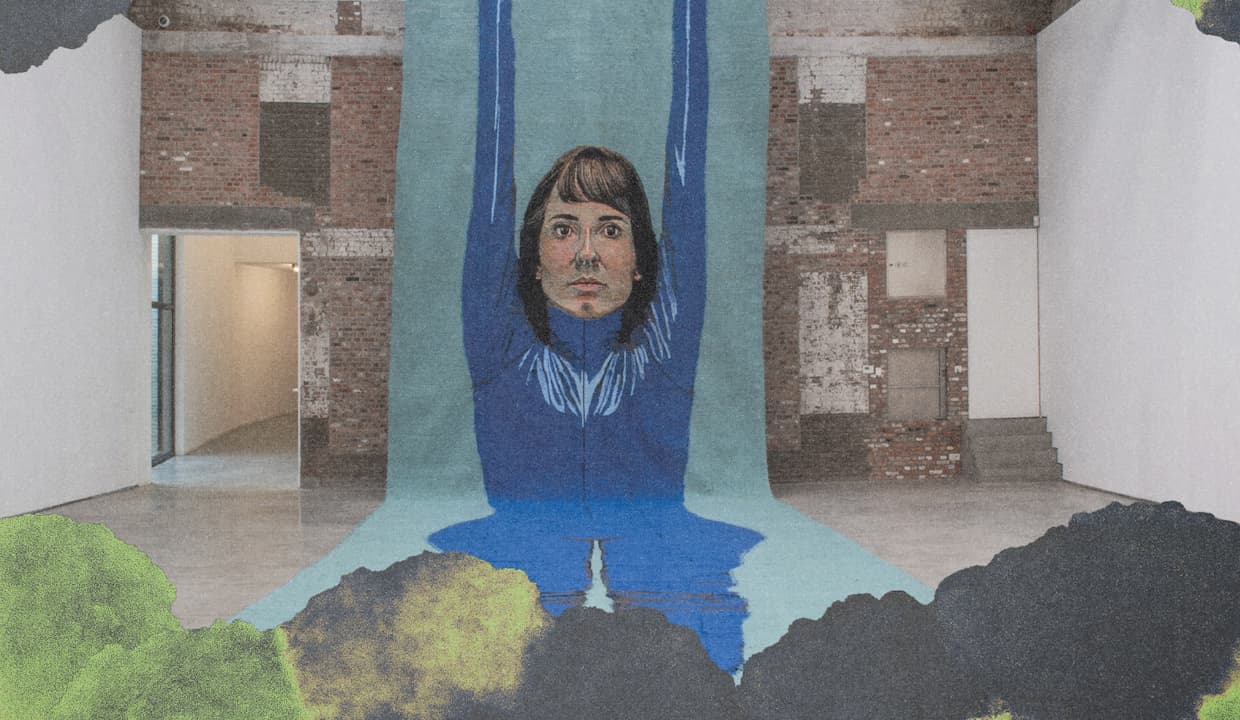"Actually, I’m not really in favour of the word ‘feminism’, because of its white history it excludes not only men but also POC, transgender women, etc. It should also be about them. Intersectional feminism does offer alternatives."
With Faces of AB we take a brief stroll into the life of an AB-goer. Together we muse about Brussels, these strange times and AB. For this edition we went out and about with Anne Ballon.
"My name is Anne Ballon, I live in Koekelberg, and I’m a filmmaker. I studied fiction at the RITCS but now I’m more involved with documentary work. I have just started a new job at VLESP (the Flemish Centre of Expertise in Suicide Prevention), where I’ll be developing a new prevention campaign aimed at men. I have also started a new course this year: Gender and Diversity at Ghent University.
My most recent project is a children’s documentary about my two sisters, one of whom is a transgender woman. This has brought me into a lot of contact with organisations and partners related to the theme. I felt a responsibility to read up on the subject, as I of course wanted my work to have a firm social basis and I wanted to understand the context properly. That’s why decided to go back to university.
My older sister is a trans woman and personally, I have missed the perspective of a family member on transition in the media; you are involved in the process and that is not always easy. Normally, the transitioning person is very much at the centre, including the physical transformation, but I wanted to approach it from a different angle. The story in ‘Jules & Ik’ is told from the point of view of my younger sister. You find out how she experiences the transition and changes in the family dynamics. As all the attention was focused on my older sister’s transition, the younger one often felt as if she was shoved into the background. It is a real documentary: I just took my camera to my mother’s apartment and filmed a range of situations. Some things are slightly staged, but the best scenes involve things that happened totally unexpectedly.
I worked in the AB café for a while. It was a lot of fun, we had a great team, many of whom are still my friends. Before that, I went to AB often but since my time there I’ve gone more often, either for a concert or just to chat with my old co-workers. There are a few concerts in the main hall that have stayed with me. I thought Run The Jewels was amazing and I also unexpectedly enjoyed a concert by Amenra: it’s not normally my thing but I happened to go in after a shift and it was fantastic.
When I worked in the café, two friends and I decided to cycle with the AB team for Kom Op Tegen Kanker, because it seemed such a men’s club. We have continued to do it every year. I don’t think we’ve ever made 1000 kilometres but at least 600. This year, I raised money in a different way; we baked waffles and delivered them door-to-door in Brussels by bike. It took on an even greater meaning when a mutual friend was diagnosed with Hodgkin’s Disease (a form of cancer). We really felt a connection to the cause. She’s now in remission, so that’s really good news.
I grew up in Aarschot, but I’ve been living in Brussels for ten years now. I feel at home here, especially now that my family lives here too. I actually enjoyed the start of the lockdown, isolating with four housemates and my partner in our house and garden. Now that the bars are open again, I’m starting to forget how deathly and sad Brussels was for a long time; it was really tough during the winter. Now you can bump into people you know on the street and have a spontaneous chat. On the first day that hospitality venues were open again, I ran into a lot of former co-workers from AB, people I’d normally see every week in the centre but haven’t seen for a year and a half.
For my next project, I’m writing a documentary about single fatherhood and the influence it has on the perception of masculinity among those fathers. I can also link this to the VLESP prevention campaign. The male suicide rate is far higher than the female, and I am interested in that disparity. I find it more interesting to try to understand men than to simply write them off. Actually, I’m not really in favour of the word ‘feminism’, because of its white history it excludes not only men but also POC, transgender women, etc. It should also be about them. Intersectional feminism does offer alternatives. The challenge is actually to implement the idea that the ideal world that we want, as ‘advocates of gender equality’, can also be better for them. For example, being able to display or talk about their emotions can be really valuable. As a man, you’re also simply a product of a patriarchal society that has socialised you in certain ways since birth. I can imagine that it’s difficult to escape that."
You can watch 'Jules en Ik' for free here!
Interview: Lara Decrae
Pictures: Lien Peters








